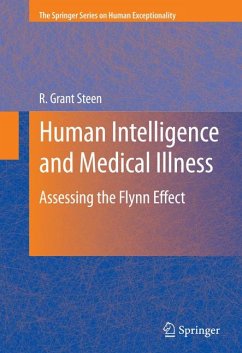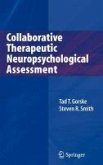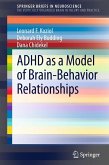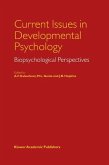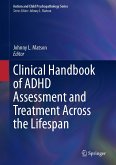Bringing a bold new voice to the debate, Human Intelligence and Medical Illness sets out a simple definition of intelligence that is appropriate for assessing intelligence at the population level. The definition is then used to probe the relationship between population intelligence and public health. This volume uses the latest medical and behavioral science research to argue that declines in serious disease and illness-causing conditions (e.g., lead paint in buildings) correlate strongly with continued cognitive gains in both developed and developing countries. Current political realities explain why the Flynn effect should be approached as a public policy as well as a public health issue.
This provocative volume:
- Reviews the most widely held hypotheses accounting for the Flynn effect.
- Examines the relationship between intelligence and public health.
- Assesses the extent to which public health improvements can potentially account for the Flynn effect.
- Details how treatment of common medical problems may result in a substantial rise in IQ.
- Explores the possibility of continued IQ gains in the United States and worldwide.
- Reframes the Flynn effect in the contexts of public health, early childhood education, and social justice.
With its groundbreaking findings on the causes of cognitive impairment and the possibility of cognitive improvement, Human Intelligence and MedicalIllness is must-reading for researchers, professors, and graduate students in developmental psychology, education, public health, psychiatry, neuroscience, social work, and related fields.
Dieser Download kann aus rechtlichen Gründen nur mit Rechnungsadresse in A, B, BG, CY, CZ, D, DK, EW, E, FIN, F, GR, HR, H, IRL, I, LT, L, LR, M, NL, PL, P, R, S, SLO, SK ausgeliefert werden.

